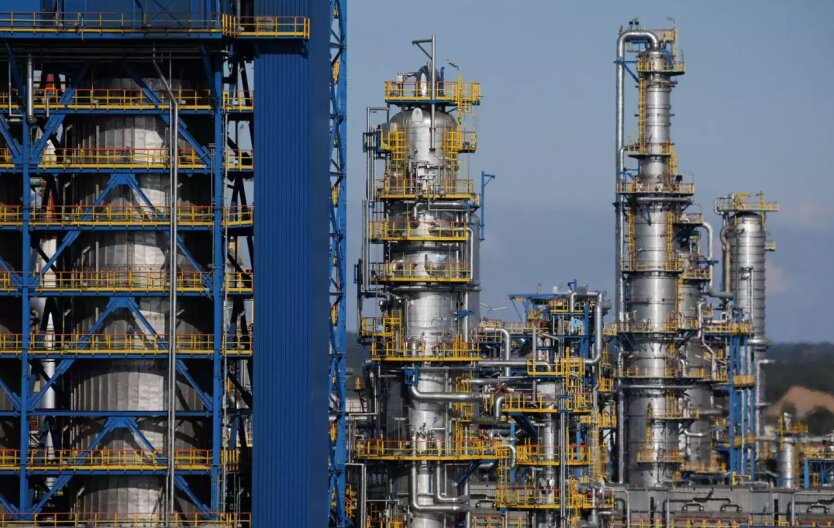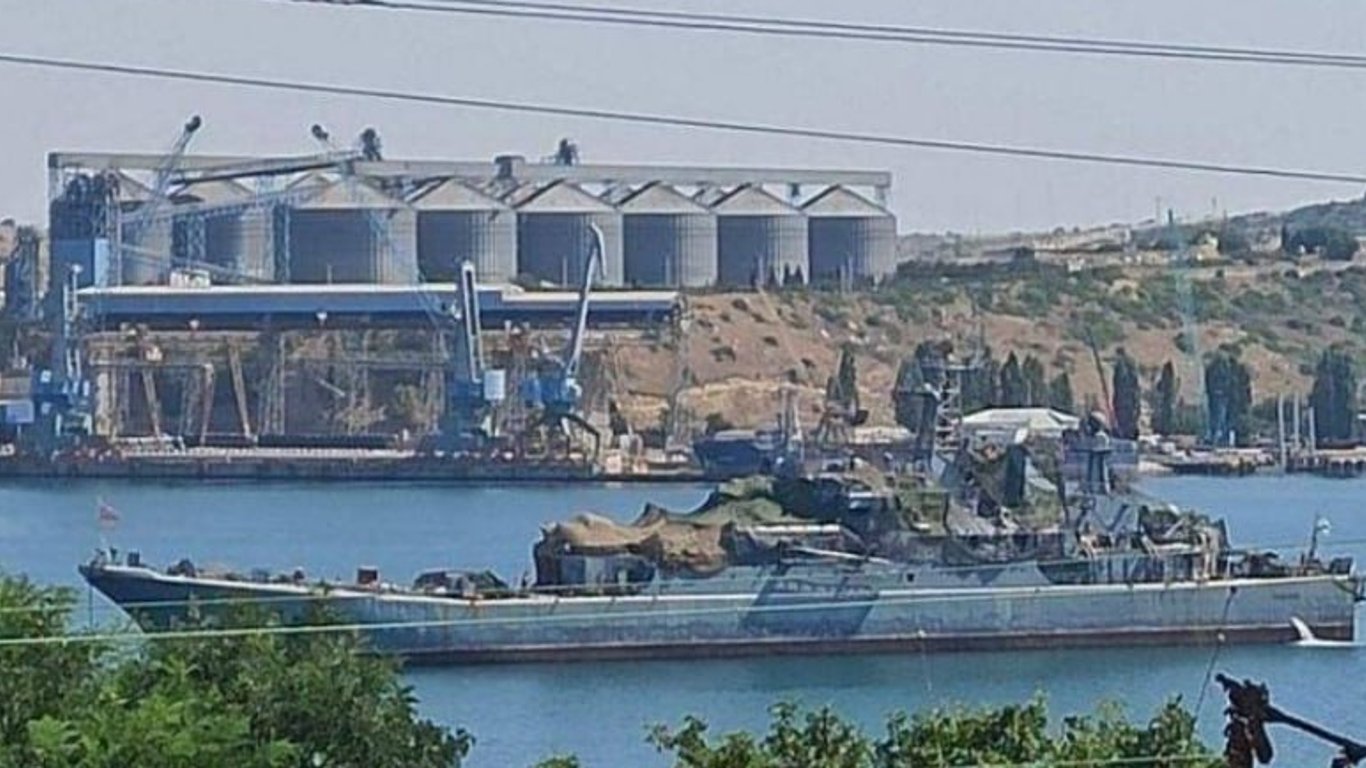Asian refineries cut production due to high oil costs.


The cost of physical cargoes of crude oil has significantly increased due to China and India replacing Russian flows. This has forced oil refiners in Asia to consider the possibility of lowering tariffs.
Omani oil and Murban in Abu Dhabi show the impact of US sanctions on Russia on the global energy market. This has negatively affected refiners, reducing their margins, which in some cases have become negative.
Commercial refiners that export their products through small domestic markets have been hit hardest by rising prices. Many of them base their supplies on Saudi Arabian oil, assessing it against Omani oil indicators, as well as through purchases from the Middle East and other countries.
US sanctions have also increased the shipping costs for refiners. Some of them have already stopped purchasing additional cargoes and are considering reducing supplies or temporarily closing down.
The profitability of refiners has decreased to minimal losses. The gross refining margin in Singapore has shrunk to minus 65 cents from an initial $3.75 per barrel, according to S&P Global Commodity Insights.
Middle Eastern oil, which is the main grade for China and India, has experienced the largest price increase due to the replacement of Russian flows. The demand for supplies from the Atlantic basin also remains.
Read also
- Ballistics and Hundreds of UAVs - How Many Targets Were Shot Down by Air Defense Forces of Ukraine
- Another one down - Ukraine's Armed Forces have incapacitated yet another Russian ship
- Trump named the delivery timelines for the Patriot missiles that Ukraine will receive
- Verification of military accounting documents - who has the right to this
- Appointments in the government and Trump's statements about Putin - Morning.LIVE broadcast
- Attack by the Russian Federation on an enterprise in Kryvyi Rih - one injured









